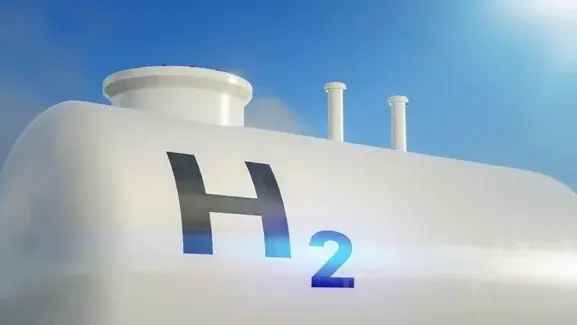The EU’s Carbon Border Adjustment Mechanism (CBAM) seeks to prevent carbon leakage through higher taxes on domestic emissions from seven affected products: cement, iron, steel, aluminium, fertilisers, electricity, and hydrogen. Despite providing an incentive for decarbonisation, it continues to face resistance in emerging economies due to its potential to undermine competitiveness of emission-intensive local production.
In their new article, “CBAM, Hydrogen Partnerships and Egypt’s Industry: Potential for Synergies”, Prof. Guntram B. Wolff, Honorary Professor at the Willy Brandt School of Public Policy, together with Alexandra Gritz of the German Council on Foreign Relations (DGAP), propose that the alignment between hydrogen partnerships and local development goals can be a tool to improve CBAM acceptance.
In their article, they analyse the example of the hydrogen partnership between Germany and Egypt to reflect on the opportunities and challenges of such a collaboration. The authors determine that around 6% of the Egyptian exports fall under CBAM which could cause said goods to be diverted to other markets. Consequently, they highlight the importance of hydrogen partnerships to counteract the potential negative impacts of the CBAM in exports, proposing the use of green hydrogen for local development. In particular, in the Egyptian case, the article argues that this strategy would allow for low emission CBAM-compliant exports, an example that could be replicated in other countries with the similar contexts and current debates, such as Morocco.
You can read the full article here.

